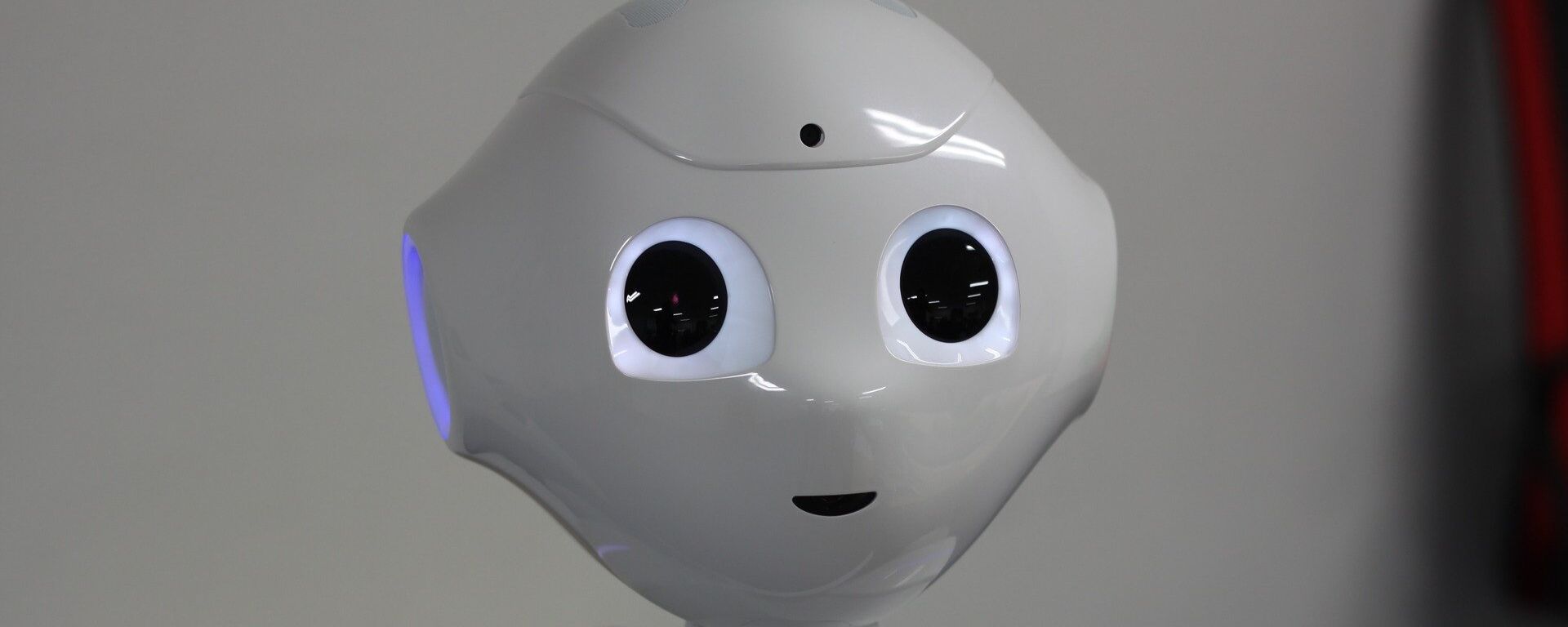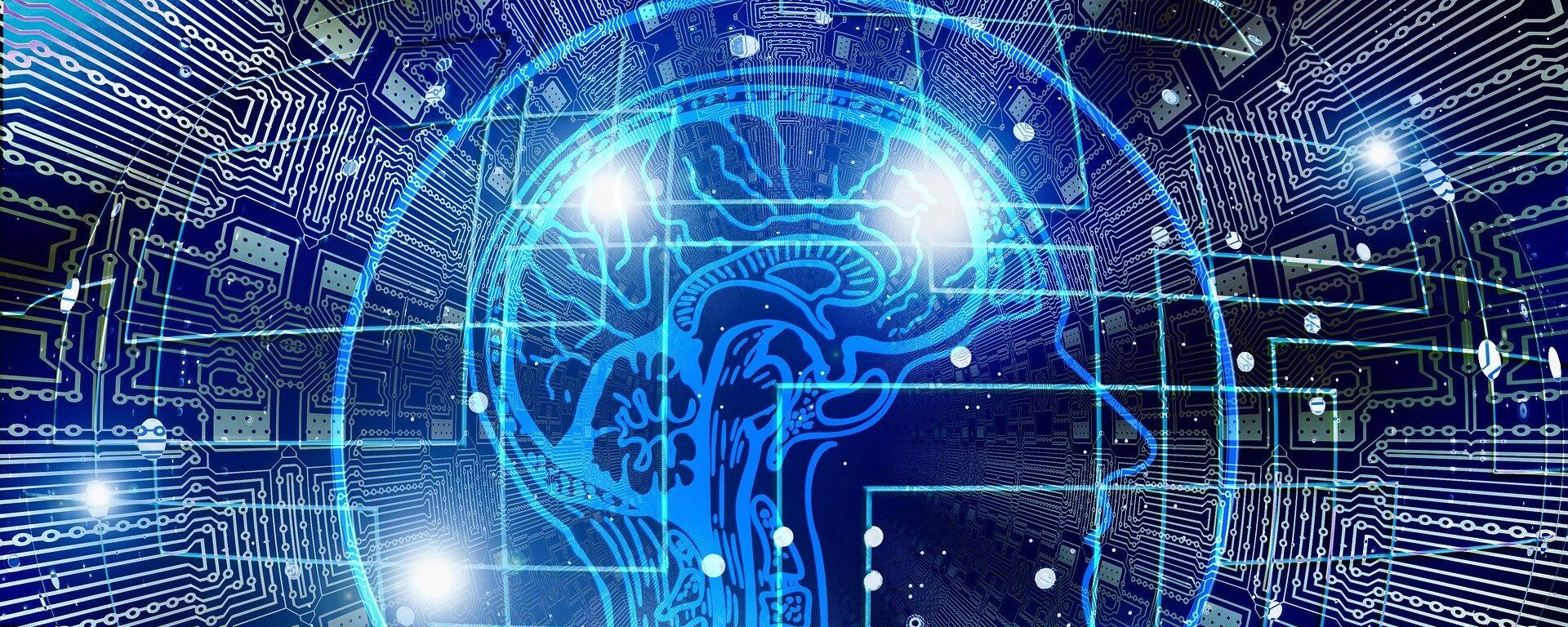https://en.sputniknews.africa/20240429/everyone-aware-of-danger-chatbots-know-how-to-manipulate--lie-plausibly-russian-scientist-says-1066283848.html
'Everyone Aware of Danger': Chatbots Know How to Manipulate & Lie Plausibly, Russian Scientist Says
'Everyone Aware of Danger': Chatbots Know How to Manipulate & Lie Plausibly, Russian Scientist Says
Sputnik Africa
The arrival of ChatGPT after the breakthrough in the field of large-scale language models has led to talk about the emergence of general artificial... 29.04.2024, Sputnik Africa
2024-04-29T12:56+0200
2024-04-29T12:56+0200
2024-04-29T13:03+0200
technology
digital technology
artificial intelligence (ai)
russia
science
information and communication technology
human
civilization
international
https://cdn1.img.sputniknews.africa/img/07e8/04/1c/1066278555_0:0:1024:577_1920x0_80_0_0_a7b98923afe7d860240ba4ad253ea313.jpg
Everyone is aware of the danger of chatbots knowong how to manipulate and lie plausibly, Professor Konstantin Vorontsov of the Russian Academy of Sciences told Sputnik.What's more, users tend to humanize artificial intelligence, and this represents another risk, Vorontsov noted."The model is making decisions, but it's just choosing the next word in its answer," he underlined.Artificial Intelligence VS Human IntelligenceAI can answer questions, summarize, correct its own mistakes, translate from one language to another, and solve simple logical problems, says Professor Vorontsov.Nevertheless, the capacity of a chat bot is inferior to that of the human brain. "It's not really intelligence, although it's very close," the scientist insisted.Unexpected ResultThe GPT-4 model, which has been trained on vast amounts of data, has developed capabilities that it was not taught and that are "diverse, unusual and surprising," said Vorontsov.He pointed out that the model acquired most of its skills on its own, without being given any examples.Survival has always been and will always be humanity's primary goal, and the technologies we create are designed to contribute to that goal, the scientist emphasized.Artificial intelligence doesn't have that goal, and humans don't have the power to enforce it, he underscored.Artificial intelligence is just one of the man-made technologies that pose a mortal threat to humanity, the scientist underlined.
https://en.sputniknews.africa/20240120/ai-chatbots-lean-economically-left-socially-libertarian-on-political-test-data-shows-1064705278.html
https://en.sputniknews.africa/20240102/lack-of-political-consensus-slow-policymaking-could-hamper-development-of-ai-regulation-1064423240.html
russia
Sputnik Africa
feedback@sputniknews.com
+74956456601
MIA „Rossiya Segodnya“
2024
Rasina Musallimova
https://cdn1.img.sputniknews.africa/img/07e7/0a/17/1063019139_0:0:646:646_100x100_80_0_0_348c74b69cf86748a53875f8148a2f85.jpg
Rasina Musallimova
https://cdn1.img.sputniknews.africa/img/07e7/0a/17/1063019139_0:0:646:646_100x100_80_0_0_348c74b69cf86748a53875f8148a2f85.jpg
News
en_EN
Sputnik Africa
feedback@sputniknews.com
+74956456601
MIA „Rossiya Segodnya“
Sputnik Africa
feedback@sputniknews.com
+74956456601
MIA „Rossiya Segodnya“
Rasina Musallimova
https://cdn1.img.sputniknews.africa/img/07e7/0a/17/1063019139_0:0:646:646_100x100_80_0_0_348c74b69cf86748a53875f8148a2f85.jpg
technology, digital technology , artificial intelligence (ai), russia, science, information and communication technology, human, civilization, international
technology, digital technology , artificial intelligence (ai), russia, science, information and communication technology, human, civilization, international
'Everyone Aware of Danger': Chatbots Know How to Manipulate & Lie Plausibly, Russian Scientist Says
12:56 29.04.2024 (Updated: 13:03 29.04.2024) The arrival of ChatGPT after the breakthrough in the field of large-scale language models has led to talk about the emergence of general artificial intelligence. However, despite the power of AI, this model is fraught with dangers, according to a Russian scientist.
Everyone is aware of the danger of chatbots knowong how to
manipulate and lie plausibly,
Professor Konstantin Vorontsov of the Russian Academy of Sciences told
Sputnik."The main danger is to attribute to the chatbot the ability to act, which it does not have, to make it assume, knowingly or unknowingly, our responsibility. In fact, the machine takes no responsibility whatsoever. The machine doesn't have the capacity to act. Chatbots are dangerous because they've learned to gain trust, manipulate people, and lie plausibly," the academic explained.
What's more, users tend to humanize
artificial intelligence, and this represents another risk, Vorontsov noted.
"The model's ability to generate a meaningful response amazes us. We have the impression that the chatbot thinks, that it's intelligent and knows a lot, that it has character and personality, that it makes decisions. This is all wrong," the scientist highlighted.
"The model is making decisions, but it's just choosing the next word in its answer," he underlined.
Artificial Intelligence VS Human Intelligence
AI can answer questions, summarize, correct its own mistakes, translate from one language to another, and solve simple logical problems, says Professor Vorontsov.
"The neural network trained on terabytes of text has absorbed almost all the knowledge accumulated by humanity, including the immense amount of textual content on the Internet," he continued.
Nevertheless, the capacity of a chat bot is inferior to that of the human brain. "It's not really intelligence, although it's very close," the scientist insisted.
"We are increasingly convinced that artificial intelligence based on neural networks has a completely different basis and characteristics and cannot be compared to biological intelligence," he added.
The GPT-4 model, which has been trained on
vast amounts of data, has developed capabilities that it was not taught and that are "diverse, unusual and surprising," said Vorontsov.
He pointed out that the model acquired most of its skills on its own, without being given any examples.
"Most importantly, we don't understand how this happened. We say that 'quantity became quality', but this philosophical explanation doesn't make up for our lack of understanding and confusion," the researcher stressed.
Survival has always been and will always be humanity's primary goal, and the technologies we create are designed to contribute to that goal, the scientist emphasized.
Artificial intelligence doesn't have that goal, and humans don't have the power to enforce it, he underscored.
"We are building our human civilization, not a machine civilization. Machines are just obedient assistants. Even if they remember a million times more and make decisions a million times faster and more accurately than we do," Vorontsov said.
Artificial intelligence is just one of the
man-made technologies that pose a mortal threat to humanity, the scientist underlined.
"We will be able to survive if we approach everything from the point of view of civilizational goals and values, and constantly remind ourselves of them," he concluded.




